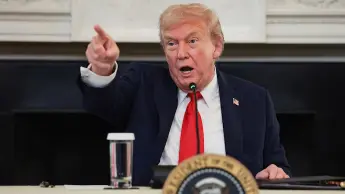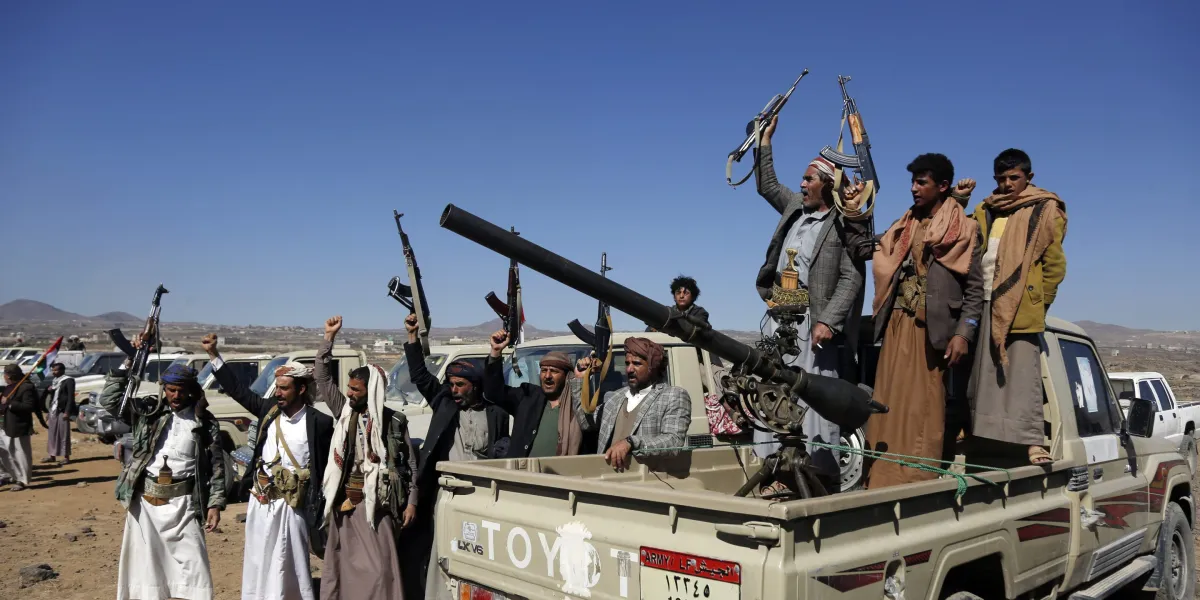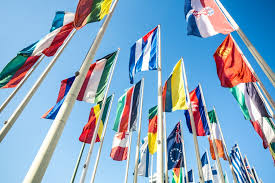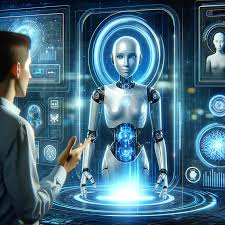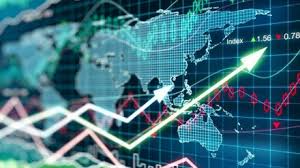The world economy in 2025 faces major shifts due to inflation, interest rate policies, trade agreements, and technological advancements. Find out which trends will define the global financial landscape.
Inflation & Interest Rates – What’s Next?
U.S. Federal Reserve Policy: Will interest rates rise, fall, or stabilize? Global Inflation Trends: How different regions are managing price surges. Impact on Consumers: Effects on savings, mortgages, and cost of living.Global Trade & Supply Chain Shifts
China’s Economic Slowdown: How it affects global imports and exports. Reshoring & Nearshoring: Countries bringing manufacturing closer to home. Trade Agreements: Key changes in U.S., EU, and Asia-Pacific trade policies.The Future of Digital Currencies & Central Bank Digital Currencies (CBDCs)
U.S. Digital Dollar: Will America introduce an official CBDC? China’s Digital Yuan Expansion: Its role in global transactions. Crypto Market Trends: Bitcoin, Ethereum, and regulatory updates.Stock Markets & Investment Trends
Tech Stocks Rebound: AI, semiconductor, and green tech investments. Emerging Markets: Opportunities in India, Brazil, and Southeast Asia. Sustainable Investing: Growth of ESG (Environmental, Social, Governance) funds.Real Estate & Housing Markets in 2025
Mortgage Rates: How interest rate changes impact homebuyers. Housing Affordability: Rising costs and housing shortages worldwide. Commercial Real Estate: The future of office spaces and remote work trends.AI & Automation’s Impact on the Economy
Job Market Disruptions: Sectors affected by automation and AI. AI-Driven Productivity: How businesses are leveraging AI for efficiency. Ethical & Legal Challenges: Regulation and responsibility in AI use.Energy Markets & Green Economy
Oil & Gas Prices: Effects of global demand and geopolitical tensions. Renewable Energy Growth: Solar, wind, and EV battery advancements. Carbon Tax Policies: How governments are tackling climate change economically.Wealth Inequality & Economic Policies
Tax Reforms: Countries changing tax laws to address income gaps. Universal Basic Income (UBI): Experimenting with new economic models. Wealth Redistribution Efforts: Policies aimed at reducing economic disparity.The global economy in 2025 will be shaped by inflation, trade, digital currencies, and AI-driven innovations. Investors, policymakers, and businesses must stay ahead of these trends.





